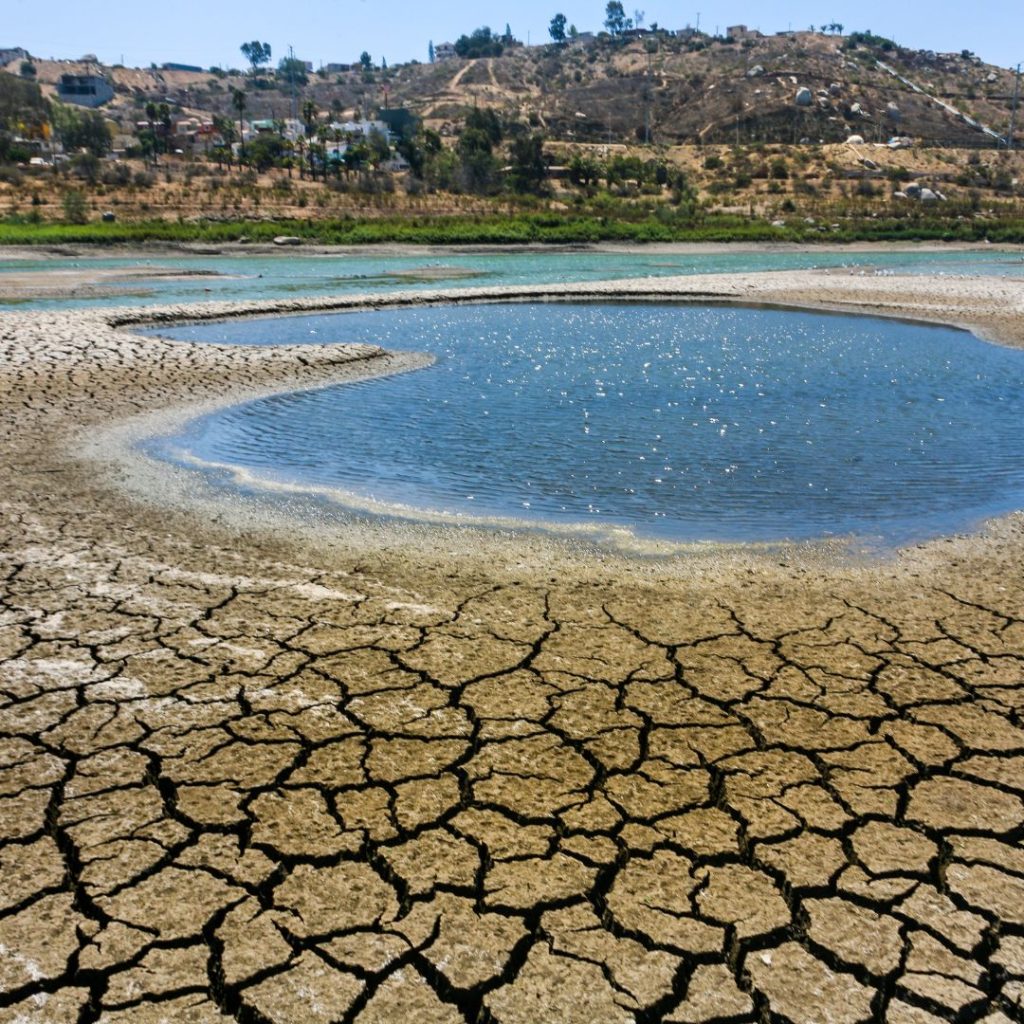Is climate change denial a kind of self-deception?

The latest study by the University of Bonn and the Institute for Employment Research (IZA) revealed unexpected findings about why people deny climate change. The researchers' online experiment, which was published in the journal "Nature Climate Change", involved 4,000 adults from the USA. Based on the question of whether climate deniers distort facts in order to avoid having to change their climate-damaging behavior, the authors were surprised by the results.
Prof. Dr. Florian Zimmermann, economist at the Department of Economics at the University of Bonn and research director at IZA, explained that the study looked at so-called "motivated reasoning", a concept in which people adapt their beliefs and decisions so that they are in line with their own wishes and goals.
A kind of self-deception?
The researchers conducted a series of online experiments in which participants could choose between donating to organizations dedicated to fighting climate change and keeping the money for themselves. Surprisingly, almost 50 percent of participants chose to keep the money for themselves.
Zimmermann and his colleague Lasse Stötzer wanted to investigate whether this decision was justified by a subsequent denial of climate change: "Whoever keeps the donation has to justify it to themselves," says Zimmermann, who is also a member of the Cluster of Excellence ECONtribute, the Collaborative Research Center Transregio 224 and the Transdisciplinary Research Unit "Individual & Society" at the University of Bonn. "One way to do this is to deny the existence of climate change."
Although the participants were randomly assigned to groups, no significant correlation was found between self-deception and climate change denial. "In other words, our study gave us no evidence that the widespread misconceptions about climate change are due to this type of self-deception," says Zimmermann, summarizing his work.
Part of your own identity
However, Zimmermann pointed out that some people may consider climate change denial to be part of their identity. For these groups, climate change denial is an important characteristic that distinguishes them from other political groups. This could increase the difficulties in convincing these people through information campaigns.
Overall, Zimmermann emphasized that the results of the study show both positive and negative aspects for dealing with climate change. While the results could indicate that people who deny climate change could be reached through better communication of information, the study also shows that for some people, climate change denial is a deeply rooted belief that could be difficult to change because arguments don't really count.






